TPP, short for Trans-Pacific Strategic Economic Partnership Agreement
(economic partnership agreements across the Pacific), an agreement, a
free trade agreement between the 12 countries with the aim of economic
integration zones Asia – Pacific. 12 members of the TPP include:
Australia, Brunei, Chile, Malaysia, Mexico, New Zealand, Canada, Peru,
Singapore, Vietnam, the USA and Japan.
* South Korea, Colombia, Costa Rica, Indonesia, Taiwan, Thailand, and other countries are planning to participate in TPP
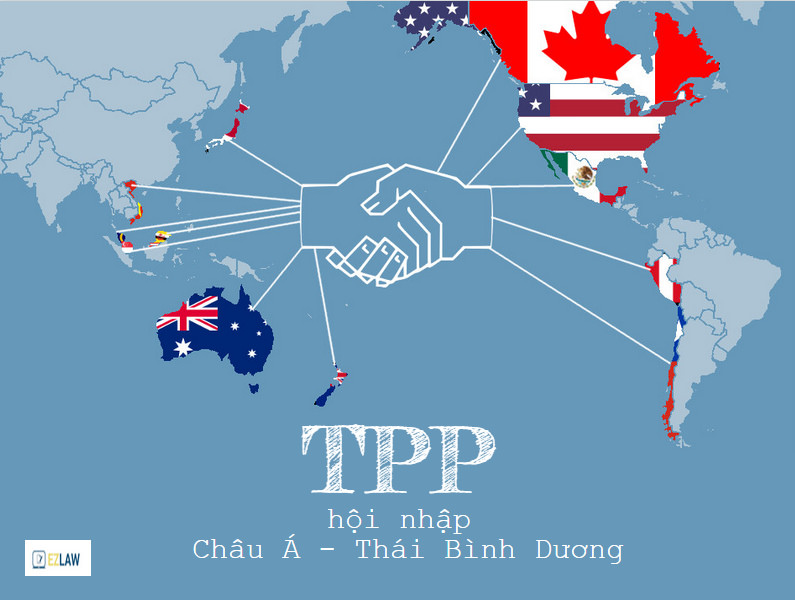
* TPP started from an agreement between Singapore, Chile, New Zealand
and Brunei in 2009, before the United States decided to join and lead
the main goal of the TPP is the elimination of taxes and barriers for
goods and services trade between the Member States In addition, the TPP
will also unify multiple laws , the general rule among these countries,
such as intellectual property, food quality or safety … The current
member countries of TPP accounted for 40% of world GDP and 26% of
transactions Global commodity. America wants the TPP will be the key to
their new in Asia after years have sunk too deep into the US in the
Middle East. In addition, many scholars even argue that the US wants to
use the TPP to create a unified economy in the region can counter the
rapid development of China. China has at present intention to join TPP,
but many current provisions of TPP seems to be designed to intentionally
not China have the opportunity to participate in this agreement. WTO is
to 161 Members member, so one of the drawbacks of this model is the
hard and long to reach an agreement concerning any matter. Furthermore,
the TPP will set the international rules which transcend the scope of
the WTO, such as investment policies, protect intellectual property
rights, control of state companies, the quality of product and labor ….
Most of the international agreements on export goods and services, such
as: We can import X number of Y when commodity prices of these
commodities has enough quality standards or labor.Other TPP so. TPP
itself will create international laws capable of adjustment policies and
directions of the law in each Member State. In other words, the laws of
the member states will have to follow the orientation of the TPP. Many
rules in TPP also affected change the legal regime of the country. For
example, legislation to encourage the members of the TPP open a
government agency, have mechanisms and how they work like in the US,
conducted an analysis of pros-cons before issuing new domestic laws.
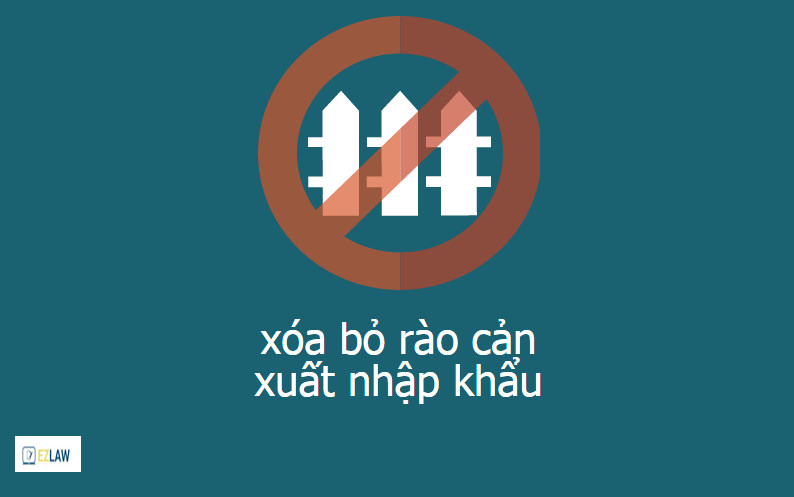

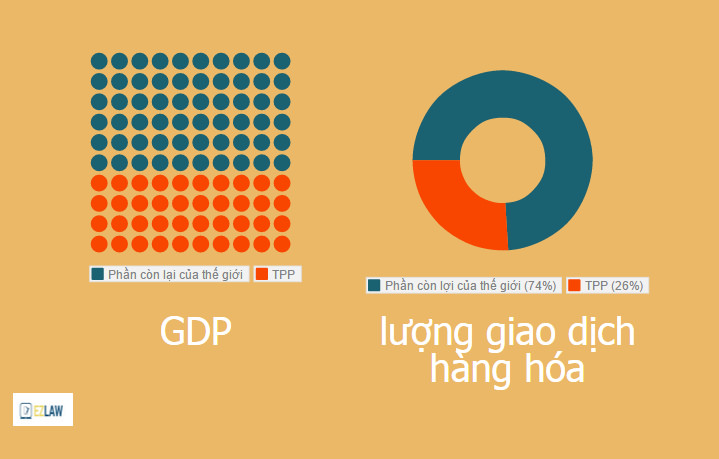
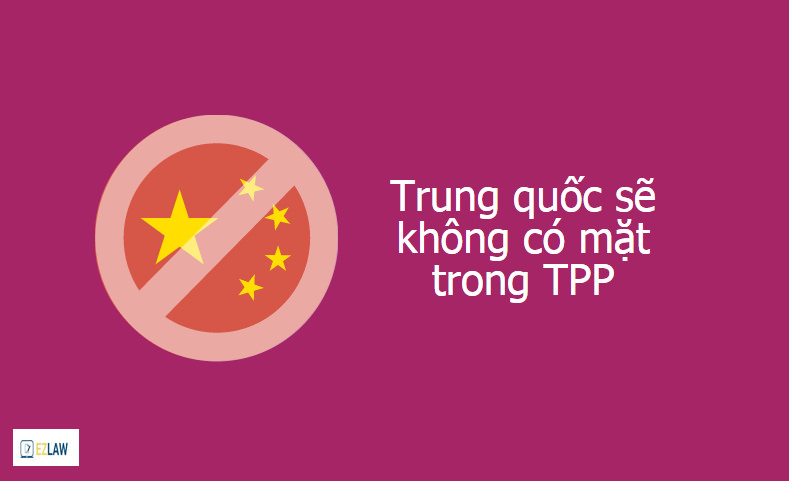
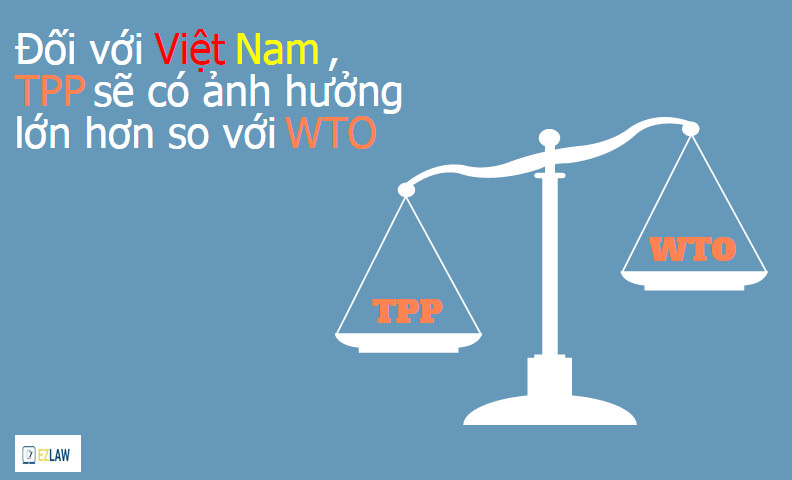
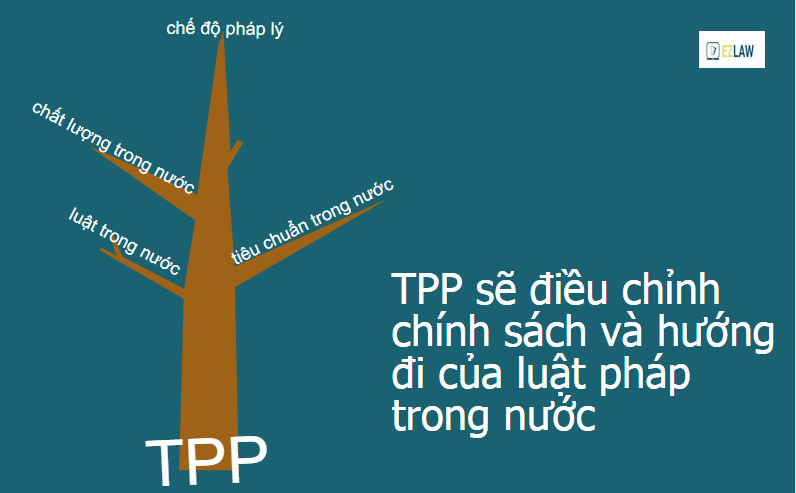
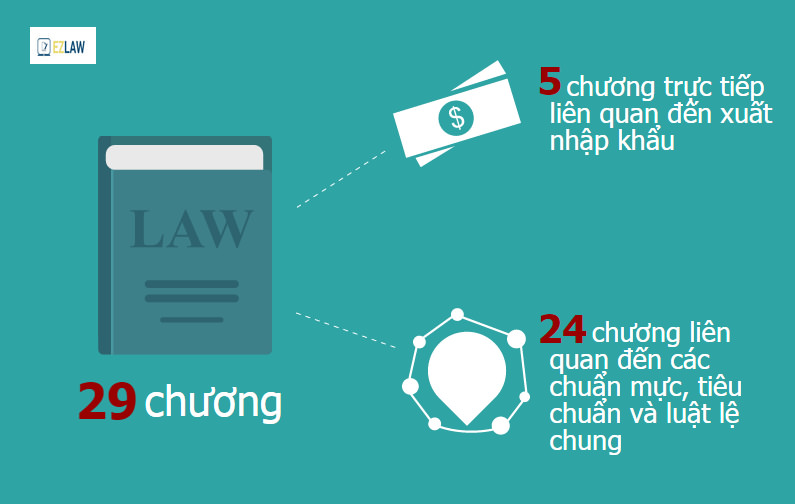
TPP agreement includes 29 chapters, of which only 5 program is
directly related to the issue of exchange of goods, services, the
remaining chapters discussed many issues related to standards, different
criteria environmental, labor quality, financial rules, food and drug …
* Note that the TPP will remove much benefit of the state company
(a large part of the economy of Vietnam), to create competitive
opportunities for private companies.
With TPP agreement, companies, foreign corporations and international
will be able to bring the government of the member country’s special
court when TPP countries set rules and policies to go contrary to the
norms of TPP. Special Court has full authority to government
compensation for damage not occurred, but also the loss of an
opportunity in the future of corporations, international companies.
The TPP participants have to sign a secrecy agreement in the negotiation
process in detail the rules of TPP. These countries may only disclose
information to government agencies, organizations, and individuals that
are directly related to trade policy advice.
* Currently, some chapters of the TPP can be found at wikileaks – arbitrage channels confidential information.
According Ezlaw, Vietnam people, most especially the intellectuals,
lawyers, business, entrepreneur … need to know and more about the TPP –
the big event is going to happen with Vietnam and World good.
EZlaw